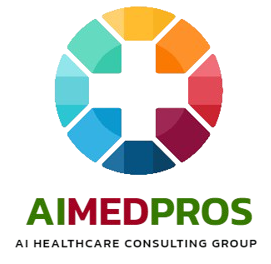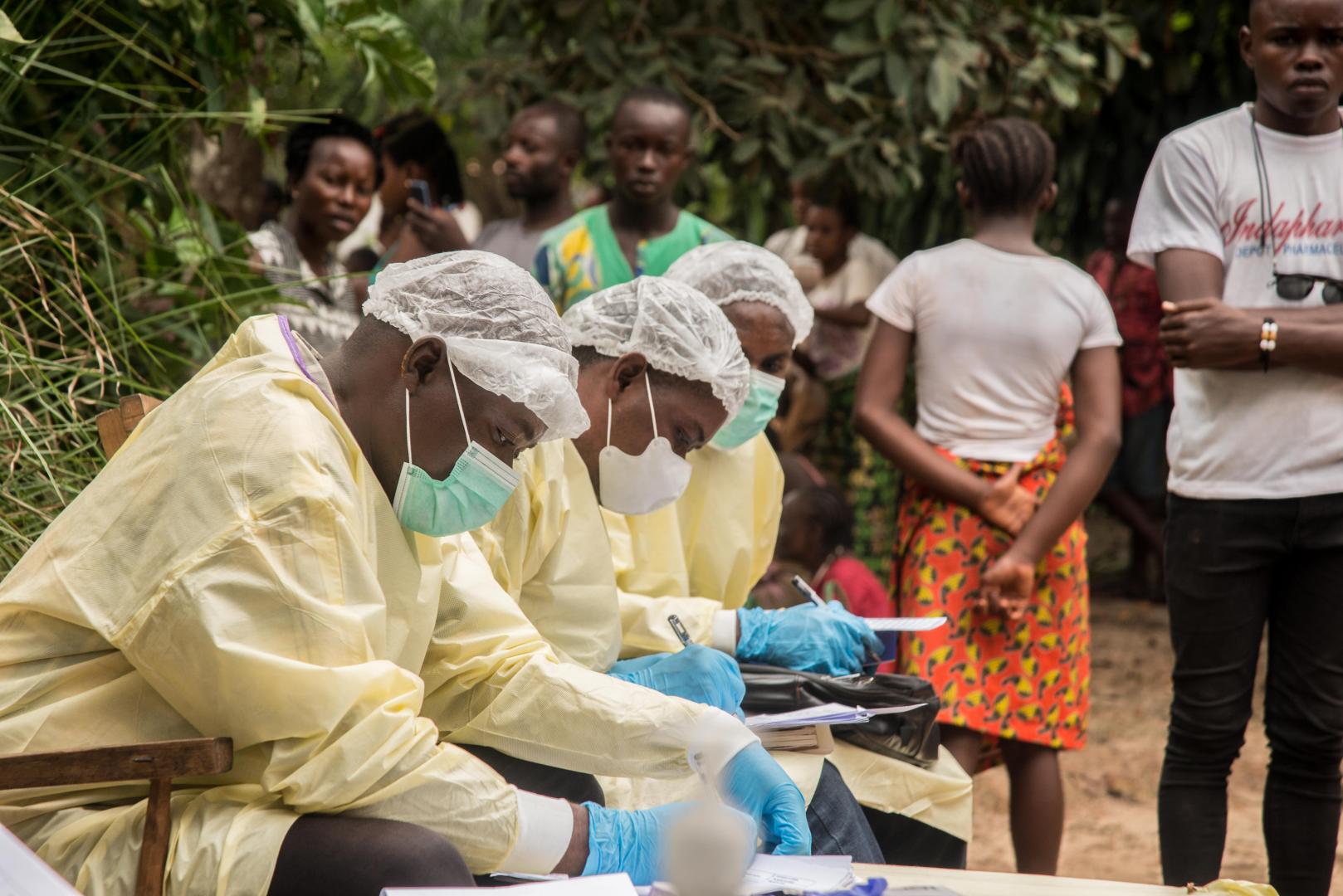Introduction
Africa’s healthcare system faces significant challenges, including limited access to essential health services, a financing gap, and a low density of skilled health professionals. Despite these challenges, the continent is on the cusp of transformative changes driven by economic growth, urbanization, and technological advancements. Artificial Intelligence (AI) has the potential to revolutionize healthcare in Africa by addressing these challenges and enhancing the quality and accessibility of health services.
Current State of Healthcare in Africa
Access and Financing Challenges
- Limited Access: More than half of Africa’s population lacks access to essential health services. This is due to limited public resources and a significant financing gap.
- Financing Gap: Africa faces a $66 billion annual financing gap in healthcare. The International Finance Corporation (IFC) estimated that by 2022, Africa needed $25 billion to $30 billion in investment in physical healthcare assets, including hospitals and clinics.
- Skilled Health Professionals: Africa has the lowest density of skilled health professionals in the world, with many countries having fewer than five health professionals per 10,000 people.
Population and Economic Shifts
- Urbanization: By 2050, nearly 60% of Africa’s population is expected to be living in urban areas. Urbanization reduces the costs of reaching patients and improves business scale.
- Growing Middle Class: The African Development Bank estimates that Africa’s middle class will grow from 355 million individuals to 1 billion by 2050, driving increased demand for healthcare services.
The Role of AI in Transforming Healthcare
AI has the potential to address many of the challenges faced by Africa’s healthcare system and to harness the opportunities presented by urbanization and economic growth.
Enhancing Diagnostic Accuracy and Speed
- AI-powered Diagnostics: AI can analyze medical images and data more quickly and accurately than human doctors. This can lead to faster diagnoses and more effective treatments, especially in areas with a shortage of skilled healthcare professionals.
- Remote Diagnostics: AI can enable remote diagnostics through telemedicine platforms, allowing patients in rural areas to access specialist care without traveling long distances.
Improving Healthcare Delivery
- AI-driven Resource Allocation: AI can optimize the allocation of limited healthcare resources, ensuring that they are used where they are most needed. This can improve the efficiency of healthcare delivery and reduce waste.
- Predictive Analytics: AI can analyze trends and predict outbreaks of diseases, allowing for proactive measures to be taken to prevent or mitigate health crises.
Training and Supporting Health Professionals
- AI-assisted Training: AI can be used to train healthcare professionals through simulations and interactive modules. This can help address the shortage of skilled health workers by providing high-quality training at scale.
- Decision Support Systems: AI can provide decision support to healthcare professionals, helping them to make better clinical decisions and improving patient outcomes.
Expanding Access to Healthcare
- Telemedicine: AI can facilitate telemedicine, allowing patients to consult with doctors remotely. This can be particularly beneficial in rural and underserved areas.
- Health Information Systems: AI can support the development of robust health information systems, improving the management of patient data and enhancing the coordination of care.
Case Studies and Examples
Investments in Healthcare Tech
- Pharmaceutical Investments: Since 2016, nearly $4.2 billion has been invested in African healthcare, with a significant portion targeting the pharmaceutical sector. AI can enhance drug discovery and development, making it faster and more cost-effective.
- Tech-Driven Solutions: Countries like Kenya, Uganda, Tanzania, and Ethiopia have been identified as favorable environments for healthcare innovation. AI-driven startups and initiatives in these countries are already making strides in improving healthcare delivery.
Conclusion
The future of healthcare in Africa is poised for transformation through the integration of AI. By enhancing diagnostic accuracy, improving healthcare delivery, supporting health professionals, and expanding access to care, AI can address many of the challenges faced by Africa’s healthcare system. With continued investment and innovation, AI has the potential to significantly improve health outcomes and contribute to the achievement of universal health coverage in Africa.
References
- World Health Organization. (2023). Engagement and Proactive Approaches.
- World Economic Forum. (2024). Private Provision and Universal Health Coverage.
- African Development Bank. (2023). Middle Class Growth and Healthcare Demand.
- International Finance Corporation. (2022). Investment in African Healthcare.

